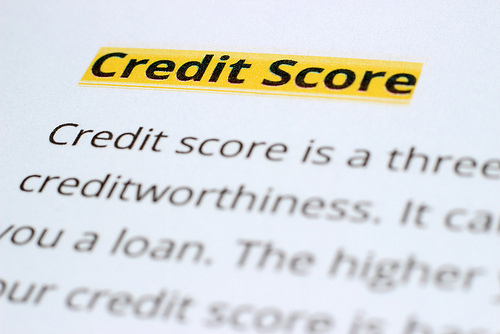
One of the main goals for many people in the world right now is to get themselves out of debt and to ultimately achieve financial freedom. Debt can be extremely costly to individuals, couples, and families, and it can destroy relationships and homes if not managed properly.
Perhaps the most popular technique for getting out of debt, or at least making your way towards a debt-free life, is consolidating your debts. However, if doing this damages your credit score in the process, is it really worth it?
Today, we’re going to explore the ins and outs of consolidating your debts, detailing everything you need to know about what it means to do this, and whether it will harm your coveted credit rating.
What is Debt Consolidation?
So we’re all on the same page, the simple definition of debt consolidation is taking out one large loan and then paying off any smaller loans or lines of credit you may have. If you have several small loans, a payday loan, an overdraft and a credit card, you can then get all your expenses into one place.
This typically will make paying off your debts much more affordable because you’ll only be paying one fixed rate of interest.
Using this method, as similarly described by www.DebtConsolidationUSA.com also makes managing your debts far easier than having to deal with lots of different accounts and providers; making it easy to see why this is a popular technique.
Will Taking Out a New Loan Affect My Credit Rating?
Of course, when consolidating your debts, this means you’re are taking out a brand-new loan, which is going to affect your credit rating; but this won’t necessarily be in a negative way. Your credit rating will only be negatively affected if you cannot keep up with the repayments of the loan.
When you’re searching for a loan to consolidate with, the provider will quickly search for your current credit rating, which is known as a ‘hard inquiry.’ Every time one of these searches are completed, it will give your credit rating a bit of a negative hit.
This is because you’re actively searching for credit, and the more times you’re searched, the more the credit system will see you as a high-risk customer, thus dropping your credit rating.
How Does This Positively Benefit Me?
The fact of the matter is that if all things go to plan when consolidating your debt, this should be the last loan you need to take out for at least several years. This means you have more than enough time to get your credit rating back to a positive level.
Once you’ve taken out the loan and paid all the rest, you then only need to be focused on paying off that last loan. This final loan will have one monthly payment, one fixed duration (or term, ranging between two and five years), and will have a relatively fixed interest rate.
Of course, these figures will all depend on the provider of your consolidation loan and the rates at the time, but it’s well worth researching to see which ones are best for you. Once you’ve paid off the final loan, you’ll be debt-free!
Conclusion
Paying off your debts can be one of the hardest struggles of the modern age, and it can be heart-breaking and so easy to think that you’re never going to get there. However, with debt consolidation, you can pay off your loans, increase your credit rating, and get yourself back to where you need to be!
photo credit: cafecredit Credit Score – Dictionary 2 via photopin (license)